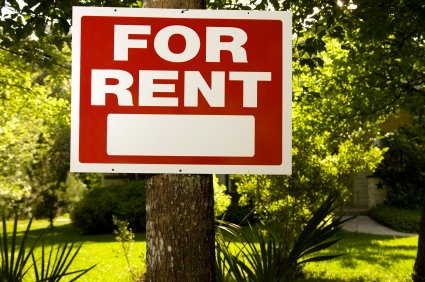
A generation ago, your senior years were a time to enjoy the prosperity of owning your home outright, and drawing upon a pension and Social Security. The virtual end of pensions, eroding Social Security benefits, and a stagnant economy have all conspired to leave seniors in untenable financial positions. In 2011, 30% of seniors still carried mortgage debt. To help offset this expense, some seniors have opted to take on roommates, resulting in an eight percent increase in the practice over the course of a decade.
A roommate can provide companionship and financial security, but can also be a source of stress and conflict. Before you consider a roommate, ask yourself these five questions.
Is My House Roommate-Friendly?
Not every house has an ideal setup for roommates. No matter how social you are or how much you like your roommate, you will both want some space to yourselves. Ensure that your roommate will have a private bathroom, and that if you want complete isolation from one another, such isolation is possible. A shared communal kitchen is fine, but consider installing a mini refrigerator and other appliances in your roommate’s area, especially if you don’t want to have breakfast together every day.
Can I Share My Space?
Remember your college roommate? If you’re like most people, you probably fought at least occasionally. Sharing a space with another person is never easy, but some people are better suited to it than others. If you’re not controlling, don’t need lots of privacy, and can deal with your home in a variety of states, a roommate could be ideal. But if you need complete control, don’t like socializing every day, and can’t stand even minor privacy invasions, it’s time to consider another option.
What Sort of Roommate Do I Want?
Think carefully about the sort of person with whom you can live. Many people lean toward friends, or at least toward people who share their personality or political beliefs. But personality matters much less than living preferences. Interview your roommate about his or privacy preferences, thoughts on cleanliness, and comfort with various noise levels. And remember: though living with a friend can be fun, it can also become challenging to collect rent, so nail down the details in a lease. Otherwise you might be afraid to collect the monthly rent check.
Am I Ready to be a Landlord?
When you take on a roommate, you have to follow your state’s landlord-tenant laws. Though laws vary from state to state, all states require landlords to provide a safe and habitable environment. This means you must follow local housing codes, fix problems with the space you are renting, such as cracked walls or a broken heater, and keep the space free of health hazards, such as asbestos and lead. Being a landlord is fairly easy if your home is in good shape, but if it needs some work, renting your room could actually cost, rather than save, you money.
Is There a Better Option?
You might not have to get a roommate after all. If you’re over the age of 62, a reverse mortgage could give you reliable income without forcing you to give up your space or privacy. Consider also other alternatives, such as:
- Downsizing to a smaller house
- Picking up some contract or freelance work
- Taking out a second mortgage
- Selling things you no longer need
- Reducing health care costs by changing insurers
Editor’s note: Annie Doisy is a reverse mortgage expert who helps seniors enhance their lives by taking advantage of the equity in their homes. Annie writes for ReverseMortgages.com where her goal is to educate consumers on a wide range of topics around mortgages and other financial services.
photo credit: For Rent sign via photopin (license)